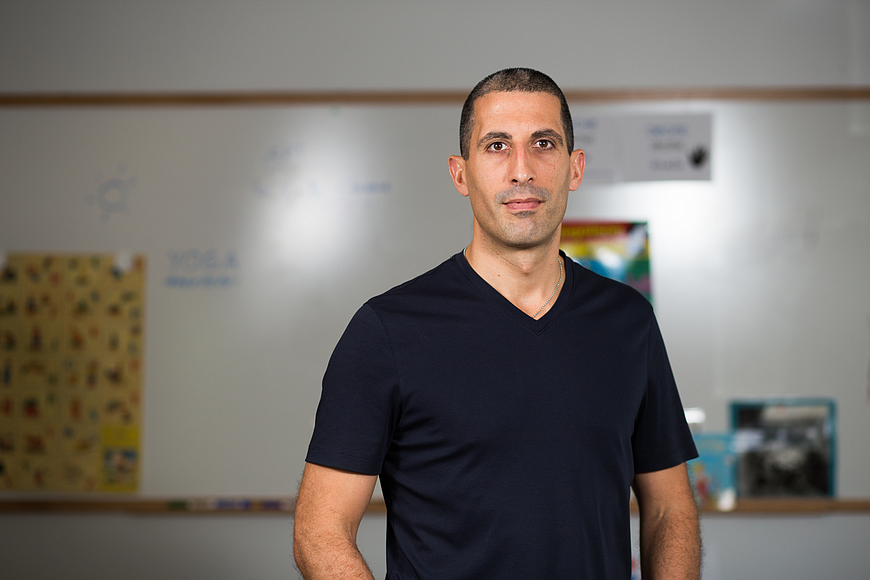- December 15, 2025
-
-
Loading

Loading

The global COVID-19 pandemic is already an economic gut punch for restaurateurs like Dan Bavaro, the founder and owner of Bavaro’s Pizza Napoletana & Pastaria, a chain of Italian restaurants in St. Petersburg, Sarasota, Tampa and, until recently, Tampa International Airport. Bavaro says he’s had to shutter the airport location and let go all of its 12 staff members because of plummeting revenues, which have already declined between 50% and 60% in the wake of the outbreak.
Bavaro expects the coronavirus situation to get worse before it gets better and says he might have to lay off half of his workforce, which would amount to 50 people losing their jobs. But he says one of the keys to getting through a crisis like this is to be open and honest with workers.